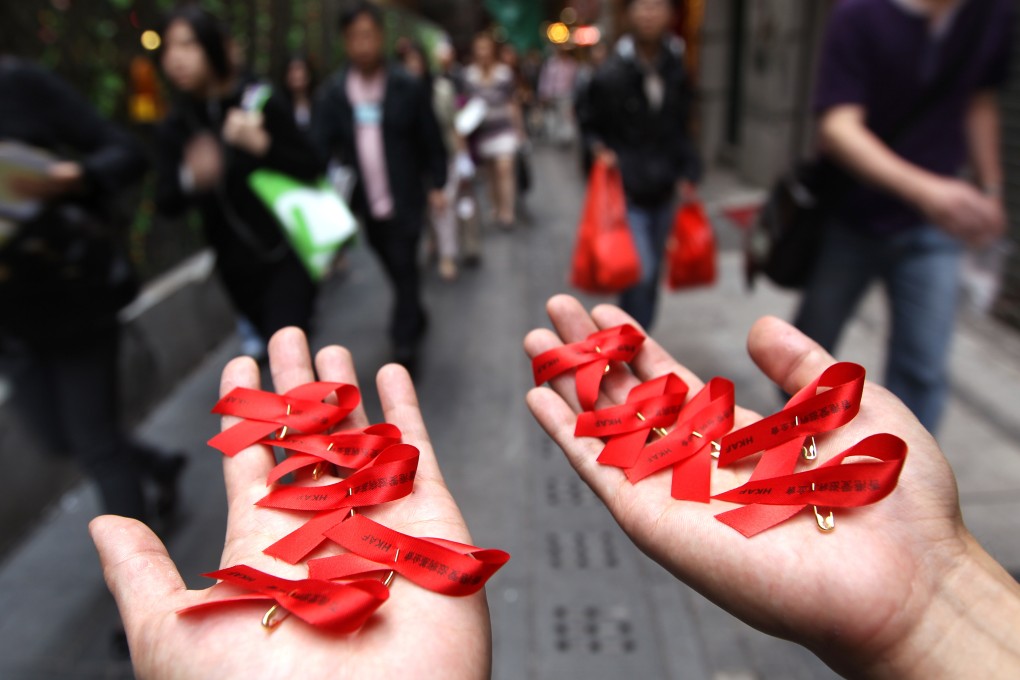Letters | Hong Kong should normalise HIV tests in fight against Aids
Readers discuss the need for a range of Aids prevention strategies, equal access to healthcare, promising signs for local cinema, and an aquarium’s unorthodox attempt to cut costs

Feel strongly about these letters, or any other aspects of the news? Share your views by emailing us your Letter to the Editor at [email protected] or filling in this Google form. Submissions should not exceed 400 words, and must include your full name and address, plus a phone number for verification
If we are serious about achieving the UNAids goal of eliminating HIV as a public health threat by 2030, we must make significant investments in HIV prevention and education.
The increase in late presenters could be attributed to the disease’s stigma. There are still people in our society who believe HIV is a “gay disease”. Such homophobic attitudes can prevent people from getting tested or following safer guidelines to protect themselves and their partners.
In addition, we must not hesitate to use all available tools in the fight against HIV. For example, when taken as directed, PrEP, or pre-exposure prophylaxis, is extremely effective at preventing HIV. Unlike Thailand, Malaysia and Vietnam, Hong Kong lacks an affordable PrEP programme.
Forty years is a long time and we’ve come a long way since the virus’s early death toll. However, society’s interest in and support for HIV prevention is clearly waning. We must not allow complacency to set in. If we do not make the necessary investments, we will not meet UNAid’s 2030 goal. We must intensify our efforts to combat HIV.
